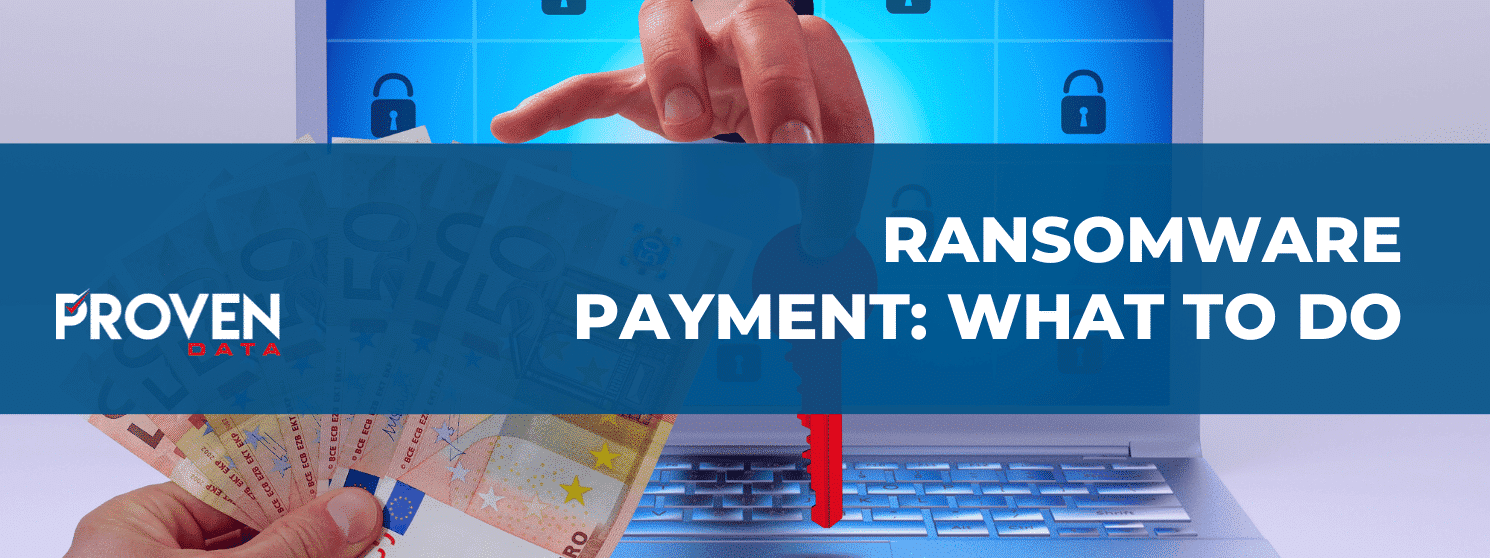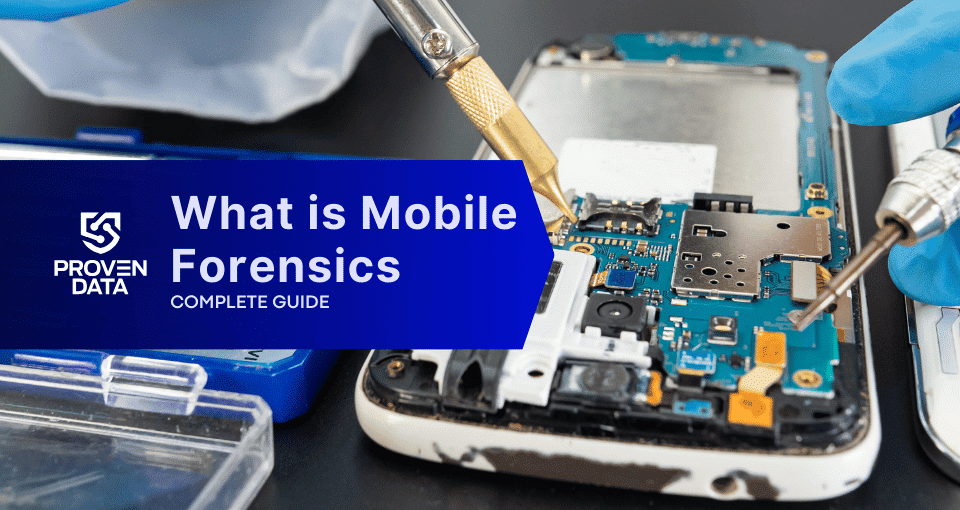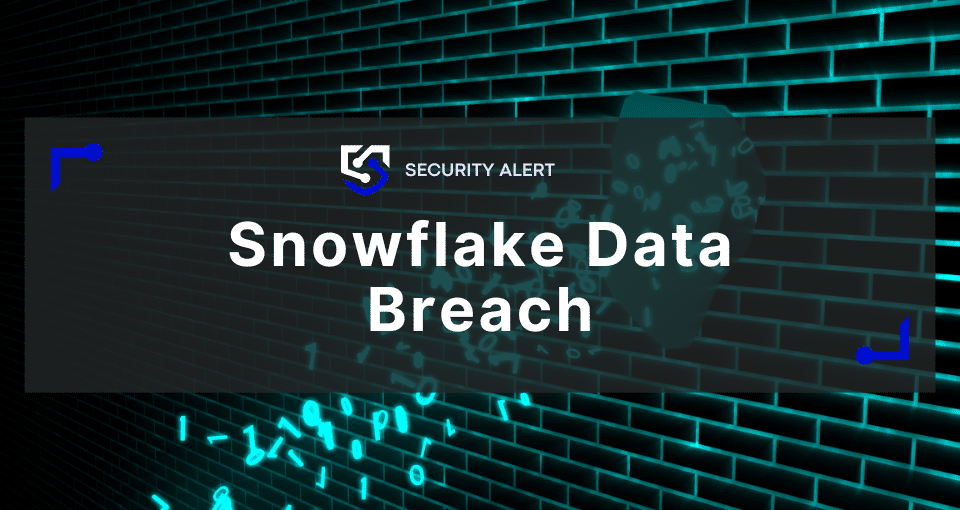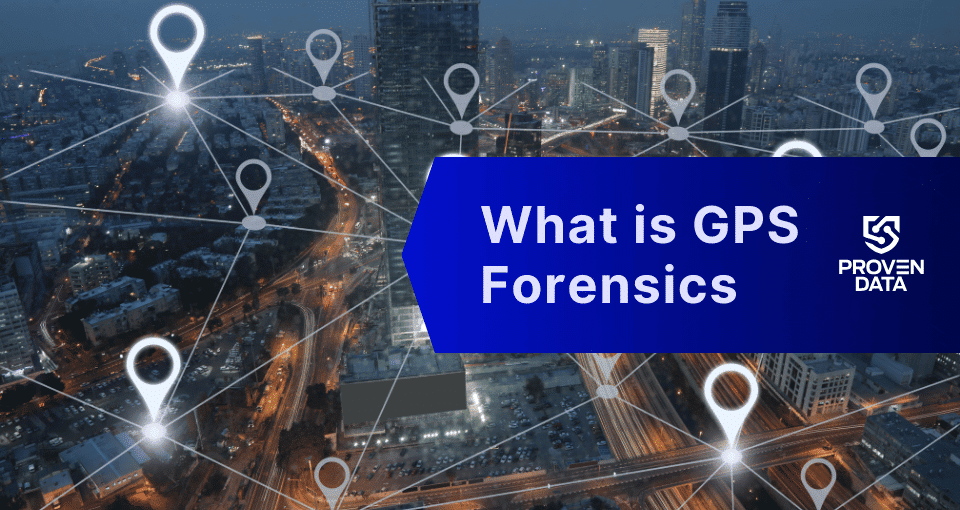After exploring all options and methods for recovering your data in a ransomware attack, you have come to the point where your business might be considering a ransom payment to unlock your ransomware-encrypted files. Many ransomware victims are anxious to understand how paying the ransom will help them decrypt their files. Or if it’s legal or ethical to pay the cybercriminals for the data.
Not every victim of ransomware needs to end up paying ransomware to unlock their files, and it is not an option for every ransomware attack. The FBI doesn’t recommend making the ransom payment since it doesn’t guarantee your data back, not to mention that the payment for the ransomware finances and encourages the cybercriminals to target more victims.
For data recovery after a ransomware attack, you have other options. First, make sure you remove any trace of malicious files and close any backdoors the perpetrators can use to attack your system again. Then, trust our ransomware recovery experts.
Proven Data helps victims explore the choice of paying a ransom to recover their data. We are committed to our clients and their recovery efforts, as we’ve assisted thousands of successful ransomware recovery cases.
Is NOT paying the ransom an option?
Most of the time, you have alternative ways to restore data locked by ransomware. Before considering paying the ransom to recover your files, we recommend contacting cyberattack response experts so they can see if there is another method for recovery that you can explore.
As a specialized incident response service, Proven Data has a 50% success rate in decrypting data without paying the ransomware attackers for the decryptor key.
Before going ahead and paying the ransom, business leaders need to ask themselves:
Is this data critical to the immediate and future success of my organization?
- Don’t we have a recent backup of this data?
- How fast do we need to restore our locked files?
- Will we close down if we don’t have these files back?
- Is it ethical to make a ransom payment?
Each of these questions will help guide the organization to make the right choice for paying the ransom as a means to unlock their files. The option of paying for ransomware should only be considered if business leaders decide to explore all other possibilities.
After all, businesses can use backups or contact a data recovery service specialized in ransomware and cyberattacks.
Is it legal to pay for ransomware?
Paying the ransom is a sanctionable offense under the authority of the International Emergency Economic Powers Act (IEEPA) and has sanctions risks in the USA.
However, Proven Data has a compliance program with the OFAC that guides our strict security protocols when recovering ransomware-encrypted data. This allows us to intermediate on behalf of the victims to recover their ransomware-encrypted files.
What happens if you pay the ransom?
Paying the ransom as a ransomware victim means that your organization will be exchanging digital currency (crypto money) for a decryption key to unlock your files.
If you are debating whether to pay the ransom, understanding the pros and cons can help you make a more confident and informed decision.
Cons of ransom payment
Choosing to pay the ransom can result in some of the following negative outcomes.
1. Faulty decryptor key
After the ransom is paid, the ransomware operators provide a decryption “key,” a tool used to reverse the encryption of the files and data. Sometimes this key doesn’t function properly, or your database is improperly configured, which requires multiple keys.
You can also have additional issues, such as:
- Wrong key. The key delivered by the cybercriminals is the wrong one and does not decrypt your files.
- The correct key, but bad decryption utility. The executable is malfunctioning and won’t decrypt your files.
- File corruption. The files decrypt, but your databases and virtual images don’t mount.
- Decryptor compatibility issue. The decryptor was built for a different operating system and doesn’t work on yours.
- Double encryption. You didn’t realize you had double encryption, and the decryption tools only worked on one layer.
Ransomware recovery services should be able to help you navigate these additional challenges when they arise. Also, they can prevent such issues when responsible for the decryption and recovery from the top.
2. Further attacks may occur
Paying the ransom to recover your locked files doesn’t guarantee that the hackers will get off your network. The next steps to recovery must include removing the cyber threats and closing the vulnerability where the ransomware came in. Your organization may still be compromised in regard to
- Open RDP ports Back doors
- Compromised network accounts
- Business email compromise
- Other malware on the network
3. The ethical dilemma of funding the cybercrime economy
Ransomware is a financially motivated cybercrime in which the ransom payments are going directly to the criminals. These ransomware payments are used to facilitate further cyber-criminal activity and even larger criminal enterprises, possibly even terrorism.
As a ransomware victim, you could be feeling challenged with the ethical dilemma of funding crime and further illegal activity.
When ransomware infects a medical organization or hospital, lives can be on the line when doctors and nurses lose access to critical patient information and data. There may be an immediate need for data recovery, in which losing this data is not an option.
In this case, you can count on an emergency ransomware data recovery service.
Pros of paying the ransom
Nobody wants to be in a situation where paying the ransom is the only option to recover the encrypted files. Understanding the pros of making a ransom payment will help weigh into the difficult decision you will be making.
1. Recover encrypted files
Paying the ransom increases the chances of getting your files unlocked and systems back to working order at your business. You’ll use the decryption key and regain access to your data.
Proven Data analyzed internal ransomware cases during April 2020 and found that:
- In cases requiring ransomware payment, only 88.9% delivered the keys.
- Out of cases paid and a decryptor delivered, 31.25% required additional troubleshooting and/or advanced custom solutions to unlock the data.
2. Quicker recovery
Ransom payments are made as a last-resort effort to recover the data in the shortest amount of time possible.
Even if you have data backups (that are NOT encrypted and kept safe from ransomware), it takes an average of 33 hours to recover from these databases. In addition, backups may not have the latest version of the data that your business needs to function and recover properly.
What should you do in case of a ransomware attack?
The FBI has some recommendations for US-based businesses and residents in case of a cyberattack.
- First, disconnect infected devices to prevent the ransomware from spreading
- Then, contact your local FBI field office
- Submit an electronic tip
- and File a report with the FBI’s Internet Crime Complaint Center (IC3)
- Lastly, do not delete the ransomware. Both competent authorities and the IT team responsible for your data recovery will need information about the ransomware from the infected files. This is what helps them to take proper measures and choose the best approach to restore your files.
Alert the authorities will allow them to investigate the crime further and prevent those who attacked your business from continuing to attack more systems.
After you follow the FBI list, contact a secure and experienced ransomware data recovery service to guarantee your data back.
Need more information on ransomware recovery?
Our ransomware recovery service page gives you full insight to what is included with the service.
Ransomware Recovery Service Overview
DISCLAIMER: The information provided on our site does not, and is not intended to, constitute legal advice; instead, all information, content, and materials available on this site are for general educational and research purposes only. Readers should contact their attorney for any legal questions if you were a victim of ransomware or a cyber-attack.







